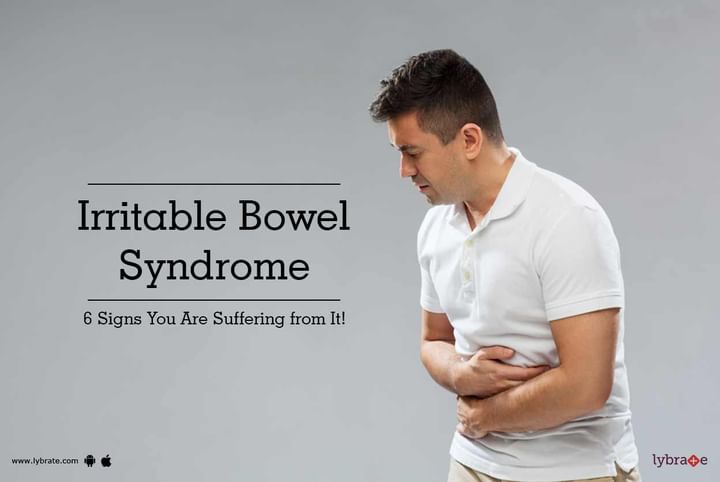Irritable Bowel Syndrome - 6 Signs You Are Suffering from It!
A chronic condition, Irritable Bowel Syndrome (IBS) is a disorder of the large intestine that exhibits symptoms such as bloating, abdominal cramps, gas and diarrhea. The symptoms of IBS can be controlled by making lifestyle changes such as incorporating certain modifications to your diet and reducing or managing stress levels. For severe symptoms, you may require medications.
Symptoms
The symptoms of IBS can vary; some of them are:
- Bloated stomach
- Abdominal cramps
- Flatulence
- Constipation or diarrhea
- Presence of mucus in the stool
- Some other severe symptoms of IBS include sudden loss of weight and rectal bleeding.
Causes
The exact cause of IBS is not known, but there are certain factors that may act as triggers. There are muscles lining the walls of the intestine that relax and contract in a proper rhythm, thus allowing the passage of food through the intestine. In case of IBS, these contractions tend to be irregular, resulting in gas, bloating and diarrhea.
Some of the factors that can trigger this condition are:
- Hormones: Hormonal changes can play a role in triggering IBS. For a woman, the symptoms can worsen during her menstrual cycles.
- Stress: Studies show that symptoms of IBS considerably increase if you are subject to increased stress levels over a prolonged period of time.
- Foods: Certain foods such as spices, chocolate, milk and broccoli can act as triggers.
- Other Disorders: In some cases, other underlying conditions such as bacterial overgrowth or infectious diarrhea can cause IBS.
Treatment
The initial step to manage the symptoms of this condition is to make prompt changes in your diet, such as eliminating spicy foods and dairy products, at least till the symptoms subside. It is advised to resort to medications only if the dietary changes fail to yield results.
The various treatments are:
- Anti-diarrheal Medications: Anti-diarrheal medication such as ‘loperamide’ is used to control and manage diarrhea.
- Fiber Supplements: Certain fiber supplements such as ‘methylcellulose’ and ‘psyllium’ can help in managing constipation.
- Antibiotics: Antibiotics are prescribed only if the symptoms result from bacterial overgrowth in the intestine.
If you wish to discuss about any specific problem, you can consult a gastroenterologist.



+1.svg)
